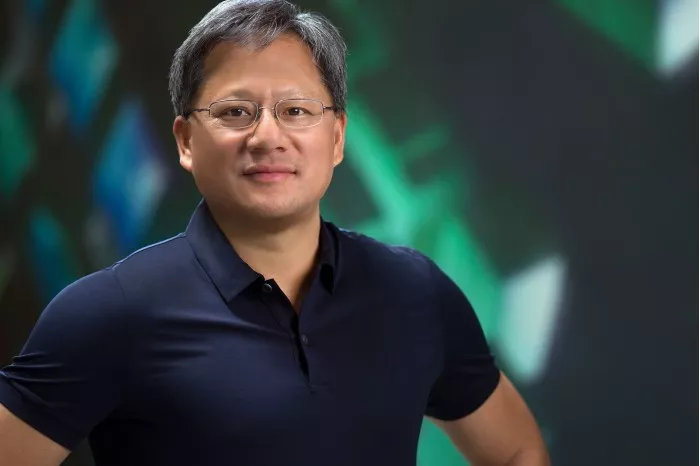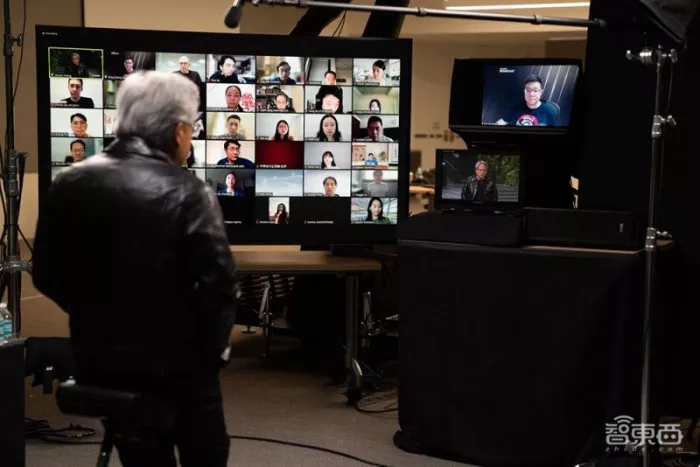In response to the shortage of chips, huangrenxun said that NVIDIA is trying to increase the supply in order to enable geforce graphics card players to use GPU, which is very challenging. NVIDIA is also creating a new feature to reduce the GPU hash rate to avoid miners using GPU to mine.

Why is GPU demand so large? Huang Renxun analyzed several reasons: one reason is that many people live at home, and playing games has become one of the popular forms of entertainment; Another reason is that the creative market has expanded, and more people have become creative artists and artistic content creators. With the emergence of more "home offices", a family may need more than one PC. These factors create a huge demand for GPU.
He said that due to the recent conflict between Russia and Ukraine and the control of the epidemic in China, NVIDIA's geforce consumer end market demand and supply chain in China and Russia have withstood the challenges brought by changes in the external environment.
"China is a very important market and a very important source of our supply chain." He said that China is very important to every technology company. China is the center of the world's supply chain and its closed influence is huge. However, he strongly supports the temporary closed control because it is for people's safety. He believed that the successful clearing of Shenzhen in epidemic control would also be copied to Shanghai.
NVIDIA's operation team has been working around the clock. The weakening demand caused by external factors has eased the tight supply of NVIDIA graphics cards and other products to a certain extent. In the past few weeks, the market demand has declined in various forms. He is confident that when the market reopens, demand will recover and the supply chain will return to normal: "in the past few weeks, we have seen a slowdown in demand in many aspects, which will help the supply in the channel return to normal."
Huangrenxun stressed: "we must maintain a high degree of vigilance and ensure that we pay close attention to channels and inventory levels."

In addition, he mentioned that NVIDIA also faced labor shortage. "At present, there are very few chip designers, chip architects and artificial intelligence chip designers in the world." Huang Renxun said, "we are very lucky to be the world's largest company focusing on Artificial Intelligence Computing. Even so, we don't have enough people."
"So our answer is to use artificial intelligence to design our chips." He cited some examples. In terms of complex mathematical and arithmetic operations, artificial intelligence can do better. Artificial intelligence can be used to layout, simulate chips, and estimate chip power.
Turning to autonomous driving, Huang Renxun said that his strategy is to help any company that wants to realize system automation. There are two different business models, one is to sell chips, servers or other things, and the other is to cooperate with the company to develop the fleet and provide lifelong support for the fleet.
He also shared his views on the old chip giant Broadcom's plan to acquire the virtual machine giant and cloud computing company VMware: "as long as their intention is to innovate, invest and develop new technologies, it will be very good for the industry."
Over the past two decades, NVIDIA has created many unique things, from putting forward the concept of GPU to building the world's first successful parallel computing architecture CUDA, to seizing the rising tide of deep learning, taking the top position in Artificial Intelligence Computing enterprises, and designing processors for various robots. From the development of NVIDIA, we can see clearly how scientific and technological innovation can unleash the power to change the world.
Looking to the future, Huang Renxun is very enthusiastic and optimistic about the development of artificial intelligence: "the intelligent application of artificial intelligence has realized automation and brought productivity to many different fields. Our work in artificial intelligence has undergone revolutionary changes."